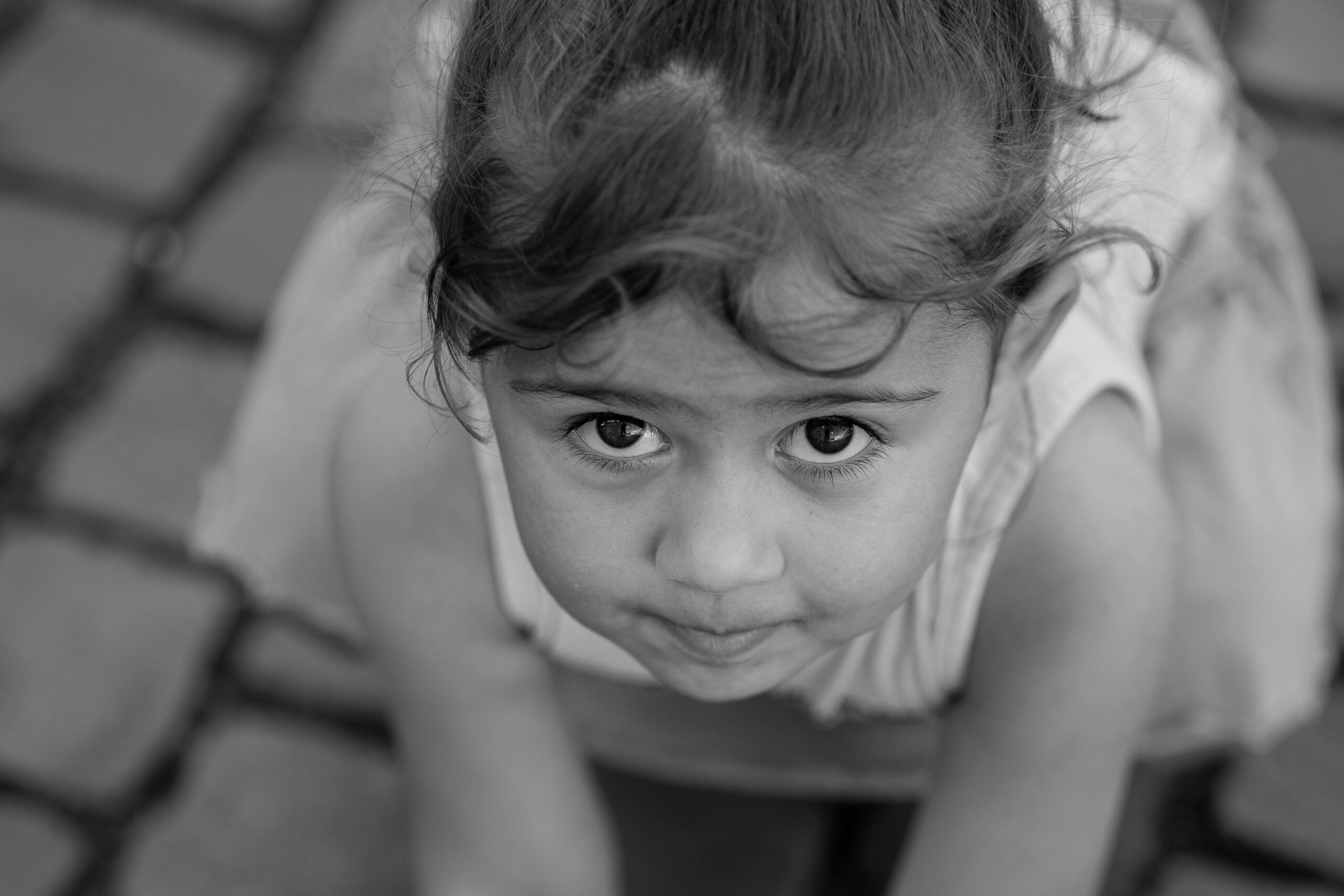Childhood obesity is a growing concern worldwide, and India is no exception. With rapid urbanization, changing lifestyles, and an increasing preference for processed foods, more children are struggling with excess weight. The consequences of childhood obesity go beyond appearance—it leads to severe health issues like diabetes, heart disease, and mental health struggles. As a parenting coach, I often see busy professionals worrying about their child’s health but feeling overwhelmed about where to start.
So, how do we tackle childhood obesity effectively in India? Let’s break it down step by step.
What are the Root Causes
Before we jump into solutions, it’s essential to understand why childhood obesity is rising in India. The reasons are complex and interconnected:
1. Sedentary Lifestyle
Gone are the days when kids would spend hours playing outdoors. Today, screen time—whether for online classes, gaming, or social media—has replaced physical activity. Long hours of sitting and reduced outdoor play have significantly contributed to weight gain.
2. Unhealthy Eating Habits
Indian households traditionally cooked fresh meals at home, but with fast food becoming readily available and affordable, diets have changed. High-calorie, processed foods loaded with sugar, salt, and unhealthy fats have become the go-to choice for children.
3. Parental Influence
Busy parents often rely on packaged foods for convenience. If parents follow an unhealthy diet, children naturally adopt the same habits. Additionally, grandparents—out of love—tend to overfeed children, associating chubbiness with good health.
4. Lack of Awareness
Many parents don’t realize how unhealthy certain foods are. For example, sugary cereals, fruit juices, and energy drinks are marketed as “healthy,” but they contain excessive sugar. Understanding nutrition labels is not common practice in India.
5. Emotional Eating
Children today experience higher academic pressure, competition, and stress. Emotional eating—using food as a coping mechanism—leads to overeating, particularly junk food.
The Health Consequences of Childhood Obesity
Ignoring childhood obesity can lead to severe consequences:
- Physical Health Issues: Type 2 diabetes, hypertension, respiratory problems, joint pain, and even early signs of heart disease.
- Psychological Impact: Low self-esteem, bullying, anxiety, and depression are common in overweight children.
- Social Challenges: Many obese children face exclusion from peer activities, affecting their confidence and friendships.
Addressing childhood obesity requires a family-wide approach. It’s not about putting a child on a “diet” but about creating healthier lifestyle habits that last a lifetime.
How Parents Can Help
1. Lead by Example
Children model their behavior after parents. If they see you making healthy choices, they’re more likely to follow. Cook nutritious meals, exercise regularly, and maintain a balanced lifestyle.
2. Encourage Physical Activity
Not all kids enjoy sports, and that’s okay! Find an activity they love—dancing, cycling, swimming, or martial arts. The goal is at least 60 minutes of movement daily. Small lifestyle changes help too—like walking to school, using stairs, or playing outdoors in the evening.
3. Make Healthy Eating Fun
Forcing children to eat healthy won’t work, but involving them in meal prep can! Try these simple tricks:
- Make colorful plates with fruits and veggies.
- Replace sugary drinks with coconut water, buttermilk, or fresh lemonade.
- Introduce whole grains like millet, quinoa, and brown rice.
- Swap fried snacks with baked or roasted alternatives.
4. Limit Junk Food Without Strict Bans
Strict bans often make children crave junk food more. Instead, practice portion control—have a small treat once in a while but balance it with healthy meals.
5. Create a Positive Eating Environment
- Avoid using food as a reward or punishment.
- Make mealtimes tech-free—no TV or mobile phones.
- Encourage mindful eating—chewing slowly and recognizing hunger cues.
6. Educate, Don’t Dictate
Talk to your child about why certain foods are good or bad for them instead of forcing them to follow rules. When they understand the impact of food on their health, they’re more likely to make better choices.
7. Ensure Adequate Sleep
Lack of sleep affects metabolism and increases hunger hormones, leading to weight gain. Ensure your child gets at least 8–10 hours of sleep daily.
8. Address Emotional Eating
If your child eats out of boredom or stress, help them develop healthier coping mechanisms—reading, hobbies, or even talking about their feelings.
The Role of Schools in Preventing Childhood Obesity
Schools play a crucial role in shaping children’s habits. Here’s how they can contribute:
- Healthy Canteens: Schools should replace junk food with healthier options like sprouts, fresh fruit, and whole-grain snacks.
- Daily Physical Activity: At least 30–45 minutes of physical education should be mandatory.
- Nutrition Awareness Programs: Teaching kids about balanced diets, sugar intake, and the importance of exercise can make a difference.
Community and Government Initiatives
The Indian government has launched several initiatives to tackle childhood obesity:
- Poshan Abhiyaan: A campaign to improve children’s nutrition.
- Eat Right India: Encouraging better food habits.
- Fit India Movement: Promoting physical activity in schools.
However, more needs to be done. Stricter regulations on junk food marketing, better food labeling laws, and urban planning that includes parks and playgrounds can help in the long run.
Conclusion
Childhood obesity in India is a growing concern, but it’s preventable. As parents, caregivers, and educators, we need to create an environment that fosters healthy habits. Small, consistent changes can make a big difference in a child’s long-term health.
Start today—swap that packet of chips for a bowl of fresh fruit, encourage your child to play outdoors, and make fitness a family activity.
A healthier future starts with the choices we make today!



